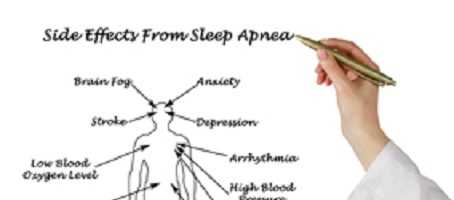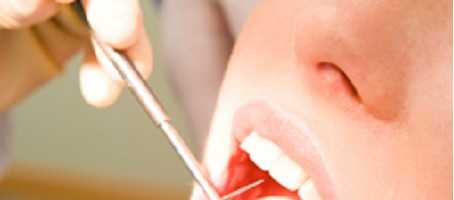Glucose control in newly diagnosed patients with type 2 diabetes, and those untreated, may be affected due to obstructive sleep apnea.
Research from Pascaline Priou, MD, et al aimed to assess whether obstructive sleep apnea – a condition which leads to breathing obstruction during sleep – affected glucose levels more in those recently diagnosed with type 2 diabetes compared to patients already being treated for type 2.
The investigators reviewed 762 sleep recordings in a multicentre cross-section study. 497 were previously diagnosed and treated for type 2 diabetes, while 265 had elevated fasting blood glucose consistent with type 2 diabetes.
Associations between HbA1c levels and obstructive sleep apnea were then evaluated in treated and untreated patients with type 2 diabetes. Factors such as gender, BMI, hypertensio, static use and alcohol were adjusted for.
HbA1c levels were positively associated with the apnea-hypopnea index, which is used to indicate the severity of sleep apnea. The average HbA1c increase in the untreated group ranged from 6.68 per cent in those with the lowest index scores to 7.2 per cent in those with the highest scores.
There was no association of HbA1c levels and obstructive sleep apnea in treated patients with type 2 diabetes. Only non-sleep variables such as age and insulin use were noted.
The results of the study were published in the Journal of Sleep Research.
What's new on the forum? ⭐️
Get our free newsletters
Stay up to date with the latest news, research and breakthroughs.






